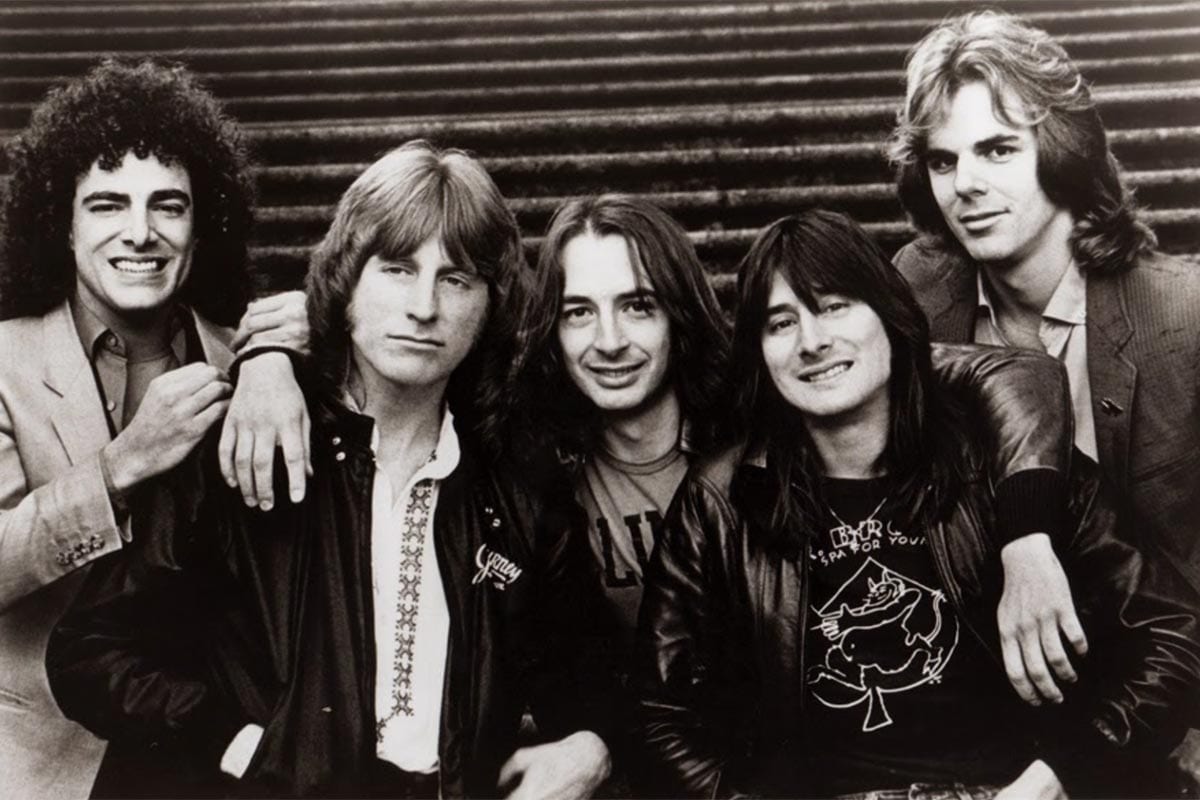Haven’t listened to the video in the OP, nor do I want to as I don’t want it coloring by Youtube algorithm, lol. But I did scan the thread - couple great posts in here.
I agree with the consensus I’m seeing - I think words like “playing with feeling” get tossed around too lightly, but Gilmour at his best is an extremely vocal, lyrical, and melodic lead player with a great sense of space and… texture, maybe, to his playing. Worth mentioning in passing is a lot of the very “composed” feeling of his playing was no accident as he was a proponent of heavily comping together solos in the studio, but neither here nor there- he’s a textbook example of a player who both 1) adds something new to a song with a solo, but 2) plays melody lines you could sing. I also think the guys pointing out his use of relatively clean tones are onto someting - fairly unsaturated playing offers you a lot of dunamic control, both in “loudness” sense, but also allowing you to push the guitar in and out of saturation for effect, and I think the fact his playing is often fairly dynamic is something that people also latch onto. And “textbook” above is unfair here since I’m struggling to think of too many names I’d also want to put on that same page.
But, I don’t think that HAS to be the antithesis of “shred,” and I think shred, done well, can incorporate the same sort of melodic, “singable” elements, into the context of a faster, more technical solo.
Two of my favorite lead breaks:
The main solo to Joe Satriani’s "until we say goodbye,"starting around 1:37 or so:
Geoerge Lynch’s first lead break on Tony MAcalpine’s “Tears of Sahara,” around 1:57 or so
Some common elements - those big soaring bends, strong sense of melody, very “vocal” lead breaks… but with technique used as an emphasis and an accent, and not as the poiny of the solo. Both of these are very “singable” leads, at least in places, if you gloss over the fast parts.
My two cents, anyway. I don’t think there’s any reason you can’t take a Gilmour-influenced lead break but, if you’re thoughtful, also add some very fast runs into it as well.






